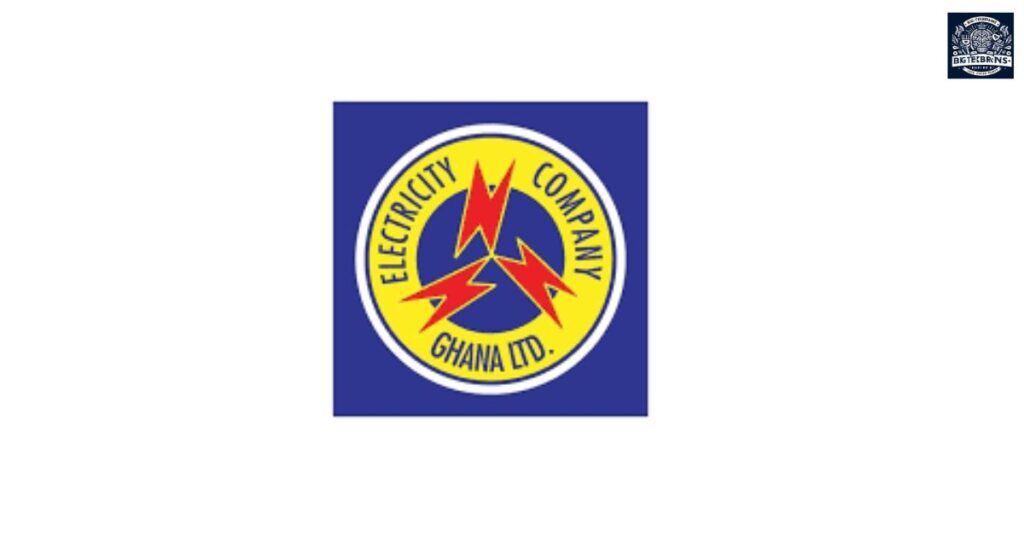Excerpt
The Electricity Company of Ghana (ECG) stands as a pivotal entity in Ghana’s energy sector, responsible for the distribution of electricity across the southern regions of the country. Established to ensure the efficient delivery of electrical energy, ECG has evolved over the decades to meet the growing demands of its service areas.
Purpose of Establishment
ECG’s primary objective is to supply and distribute electrical energy to the populace within its operational zones. The company operates on sound commercial principles, ensuring the judicious supervision of rural electrification projects on behalf of the Government of Ghana. This mandate underscores ECG’s commitment to supporting the nation’s economic development through reliable power supply.
Operations and Roles
The core functions of ECG encompass:
Transmission and Distribution:
- Delivering electricity to residential, commercial, and industrial consumers within its jurisdiction.
Bulk Energy Procurement:
- Purchasing electrical energy in bulk from entities like the Volta River Authority (VRA) and Independent Power Producers (IPPs) for distribution.
Infrastructure Development:
- Constructing, installing, and maintaining sub-transmission stations, electrical appliances, and related installations to ensure a robust distribution network.
National Electrification Initiatives:
- Executing and overseeing national electrification programs on behalf of the government, aiming to extend electricity access to underserved areas.
- Ancillary Activities: Engaging in activities incidental or conducive to achieving the above objectives, thereby ensuring comprehensive service delivery.
Leadership and Organizational Structure
ECG operates under a structured hierarchy designed to facilitate efficient management and service delivery:
Board of Directors:
- Provides strategic oversight and governance to the company.
Managing Director:
- Leads the executive management team, ensuring the implementation of board directives and overall operational efficiency.
Deputy Managing Directors:
- Assist the Managing Director in overseeing specific operational areas, ensuring cohesive management across departments.
The company is organized into a Head Office with a Managing Director, supported by three Deputy Managing Directors. It comprises seventeen (17) Directorates, a Training Centre, and the Ashanti Strategic Business Unit (SBU) headed by Directors. There are eight (8) administrative regions, each led by General Managers, and eighty-eight (88) operational districts, managed by District Managers. This structure ensures decentralized operations, allowing ECG to effectively manage its extensive distribution network.
Offices and Units
ECG’s operational framework includes:
Head Office:
- Serves as the central administrative hub, housing the executive management and key directorates.
Regional Offices:
- Located across eight administrative regions, these offices manage regional operations and customer service delivery.
Operational Districts:
- Eighty-eight districts handle local distribution, maintenance, and customer engagement, ensuring grassroots connectivity.
Specialized Divisions:
- Units such as the ECG Training Centre focus on capacity building, while others like the Energy Consulting & Telco Business Directorate explore new business avenues.
Oversight and Appointments
The Board of Directors oversees ECG’s activities, ensuring alignment with national energy policies and corporate governance standards. Board members and executive appointments are typically made by the government, reflecting ECG’s status as a state-owned enterprise. These appointments are guided by statutory regulations, including the Companies Act 2019 (Act 992) and the State Interests and Governance Authority (SIGA) Act 2019 (Act 990), which delineate the roles, responsibilities, and appointment procedures for leadership positions within state-owned entities.
Constitutional and Legal Framework
ECG operates under a legal framework that defines its mandate and operational boundaries:
Companies Act 2019 (Act 992):
- Governs the incorporation and management of companies in Ghana, including ECG.\
State Interests and Governance Authority (SIGA) Act 2019 (Act 990):
- Oversees state-owned enterprises, ensuring they operate efficiently and in the national interest.
Public Financial Management Act 2016 (Act 921) and Public Procurement Act 2003 (Act 914):
- These acts apply when ECG utilizes public funds, ensuring transparency and accountability in financial and procurement processes.
Reforms and Strategic Initiatives
In recent years, ECG has embarked on several reforms to enhance operational efficiency and financial sustainability:
Private Sector Participation:
- The government is intensifying efforts to involve the private sector in ECG’s operations, aiming to improve service delivery and financial performance.
Regulatory Strengthening:
- Through projects like the Regulatory Strengthening and Capacity Building Project, ECG has received support in tariff studies, technical assistance, and capacity building to ensure a sustainable regulatory environment.
Infrastructure Investment:
- Over the past three years, ECG has invested over $1 billion in its network to improve reliability and quality of supply, demonstrating a commitment to supporting Ghana’s economic growth.
Reference:
- https://www.ecg.com.gh/index.php/en/history
- https://www.mcc.gov/resources/doc/evalbrief-042222-gha-energy-reform/
- https://www.ghanaweb.com/GhanaHomePage/business/Gov-t-insists-on-private-participation-in-ECG-1957895
- https://ecg.com.gh/images/policy/2021-2024_Strategy_Document.pdf
- https://www.ecg.com.gh/index.php/en/about/management
- https://www.ecg.com.gh/index.php/en/about

